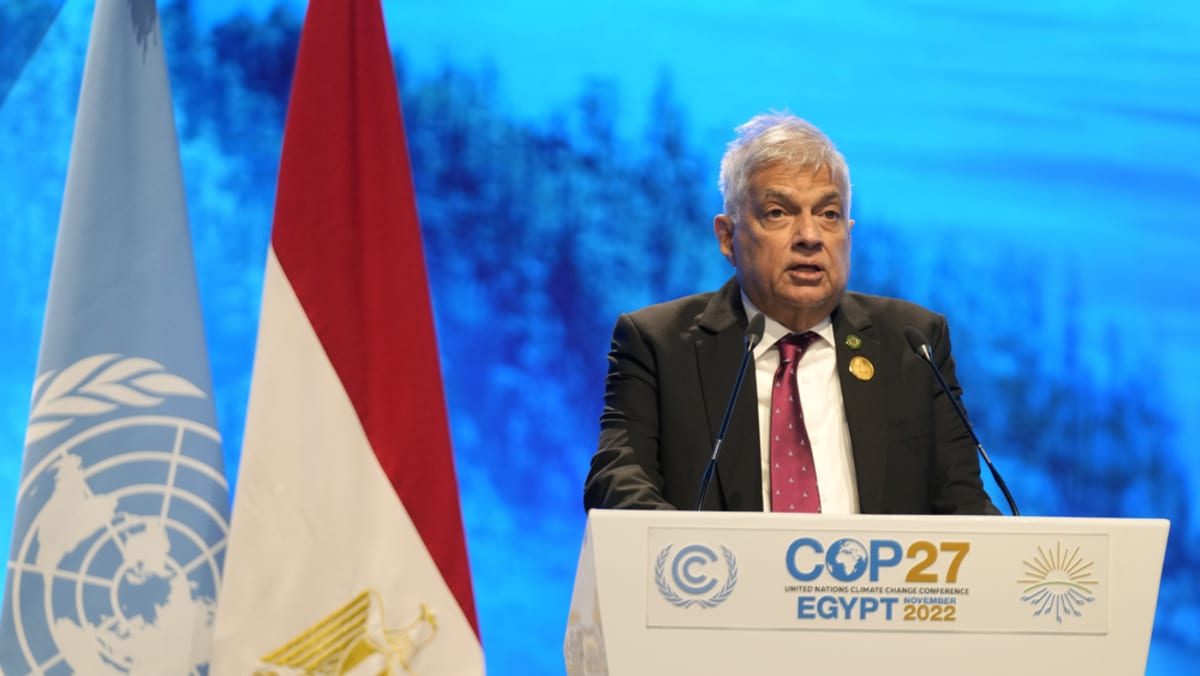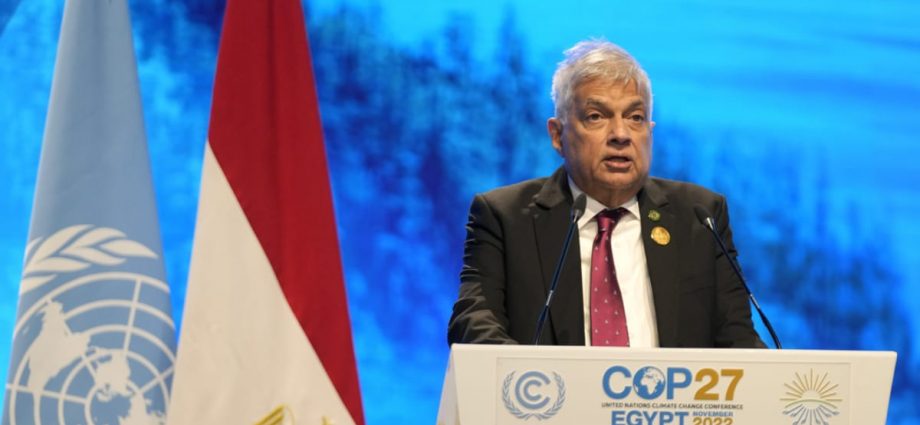
He said that the suspension also “symbolises a fresh start” as the president gets the opportunity “to announce all the new things that are going to be done”.
Unsustainable debt and a severe balance of payment crisis on top of lingering scars of the COVID-19 pandemic have led to a severe shortage of essentials such as fuel, medicine and food. The soaring prices triggered massive protests last year that ousted Wickremesinghe’s predecessor, Gotabaya Rajapaksa.
Although there are some signs of progress, daily power cuts have continued due to fuel shortages and the government is struggling to find money to pay its employees and conduct other administrative functions.
There has been growing public displeasure over the government’s recent move to increase taxes and electricity bills in an apparent bid to obtain a bailout package from the International Monetary Fund (IMF).
Sri Lanka is effectively bankrupt and has suspended repayment of nearly US$7 billion in foreign debt due this year pending the outcome of talks with the IMF. The country’s total foreign debt exceeds US$51 billion, of which US$28 billion has to be repaid by 2027.
The government announced 6 per cent cuts in the budgets of each ministry this year and plans to nearly half the size of the military, which had swelled to more than 200,000 personnel due to a long civil war.
During the suspension of Parliament, the speaker continues to function and lawmakers keep their seats even though they do not attend any sessions.

